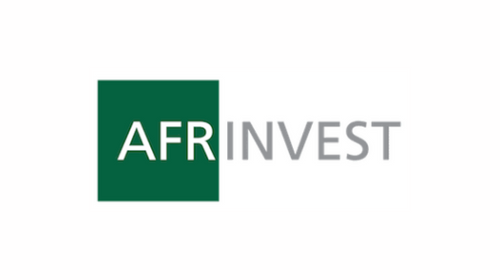Nigeria’s Fast-Moving Consumer Goods (FMCG) sector is navigating a period of transformation marked by both challenges and opportunities. While macroeconomic headwinds like inflation and foreign exchange volatility have eased, creating a more optimistic near-term outlook, companies still face pressure from rising input costs and fluctuating consumer demand. Afrinvest, in its 2025 Consumer Goods Sector Report, urges FMCG companies to prioritize cost optimization strategies, particularly through scaling up Backward Integration Projects, to ensure sustained profitability in this evolving landscape. The report highlights the sector’s resilience, evidenced by revenue growth and reduced losses despite the persistent challenges.
The report paints a mixed picture of the sector’s performance. While the overall contribution of the food, beverage, and tobacco segment to GDP declined for the third consecutive year, early signs of recovery are emerging. Afrinvest’s analysis, excluding Flour Mills which delisted in 2024, reveals a significant 69.2% year-on-year revenue increase across its coverage universe, reaching N3.8 trillion. Despite cost pressures, the sector managed to trim pre-tax and post-tax losses, signaling a nascent recovery attributed to improved operating expense management and a strategic shift away from foreign exchange-dependent obligations.
Several sub-sectors within the FMCG industry are experiencing dynamic shifts. The sugar industry, for example, witnessed robust revenue growth, with BUA Foods overtaking Dangote Sugar as the market leader due to its aggressive business-to-consumer strategy. A significant $1 billion investment by a Chinese firm in a sugarcane plantation and processing plant further bolsters the sector’s potential for self-sufficiency. Similarly, the cocoa-based food and beverage segment is poised for growth, leveraging export opportunities created by global supply disruptions. Nestlé remains dominant in this sub-sector.
However, challenges persist in other areas. The Home and Personal Care segment remains fragile, with companies like PZ Cussons exploring exit strategies in the wake of Unilever’s downsizing, highlighting the vulnerability of discretionary spending in a context of weak consumer confidence. The flour milling sub-sector also faces headwinds, with wheat production stagnating due to disruptions in key producing regions. Despite this, the sub-sector recorded substantial revenue growth, with BUA Foods maintaining a dominant market share.
The report underscores the importance of adapting to the evolving dynamics of the consumer landscape. While macroeconomic conditions are showing signs of improvement, companies must proactively address cost pressures through strategic initiatives like Backward Integration Projects. These projects aim to reduce reliance on imported raw materials and stabilize input costs, ultimately contributing to enhanced profitability and resilience in the face of external shocks.
In conclusion, the Nigerian FMCG sector is at a crucial juncture. While opportunities abound, driven by factors such as increased investment, shifting market dynamics, and evolving global supply chains, companies must address the persistent challenges of cost management and fluctuating consumer demand. By prioritizing cost optimization strategies and adapting to changing consumer preferences, FMCG companies can capitalize on the emerging opportunities and ensure sustained profitability in the long term. The report emphasizes the need for strategic agility and a focus on self-sufficiency to navigate the complex and dynamic landscape of the Nigerian consumer market.














